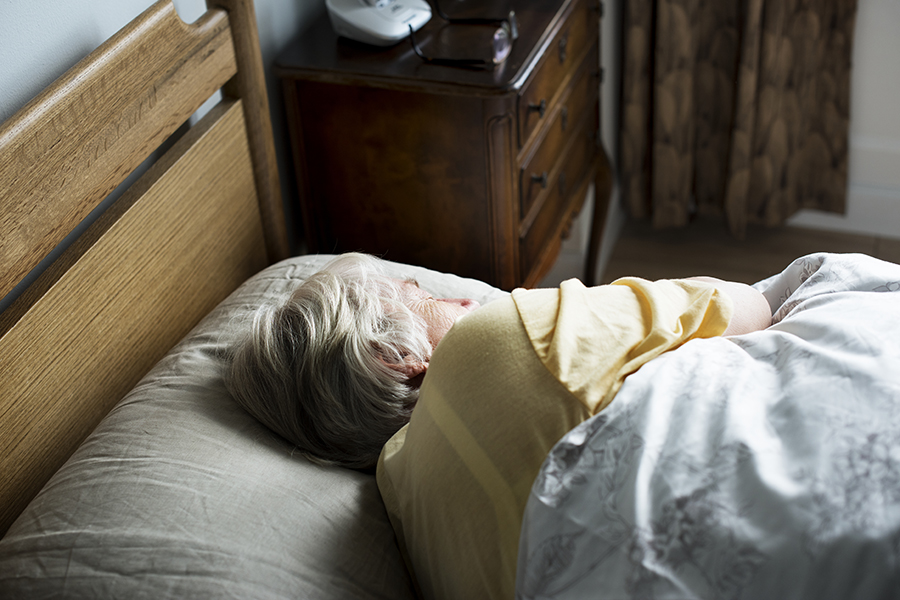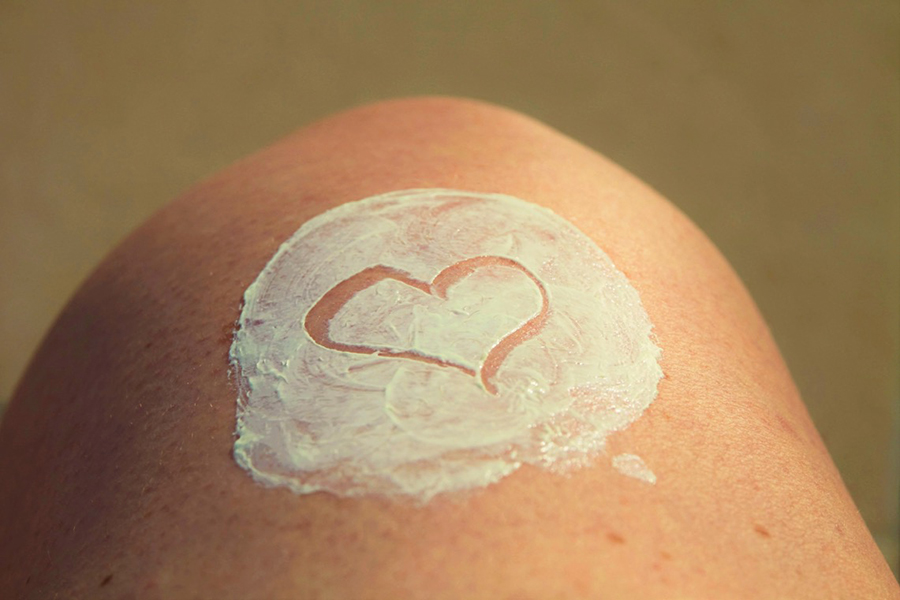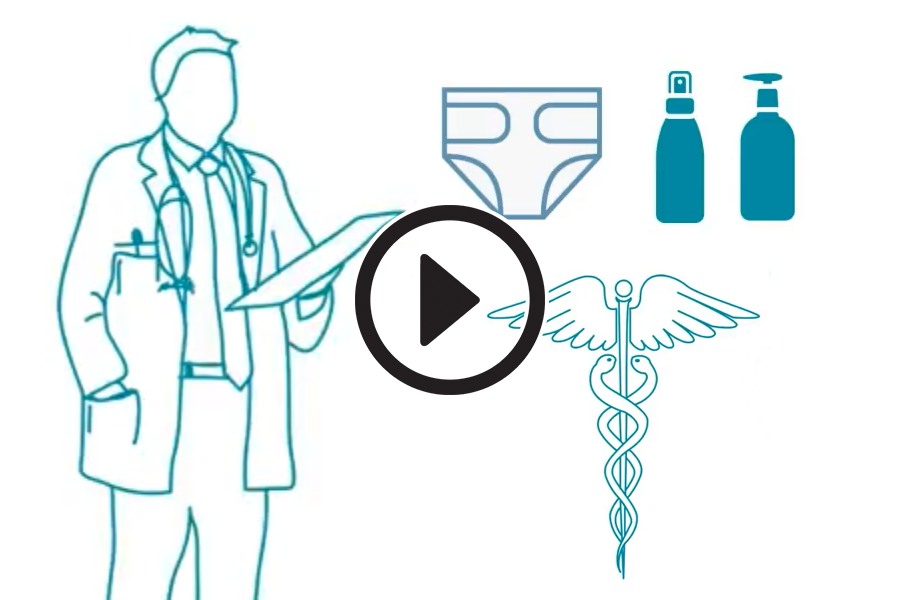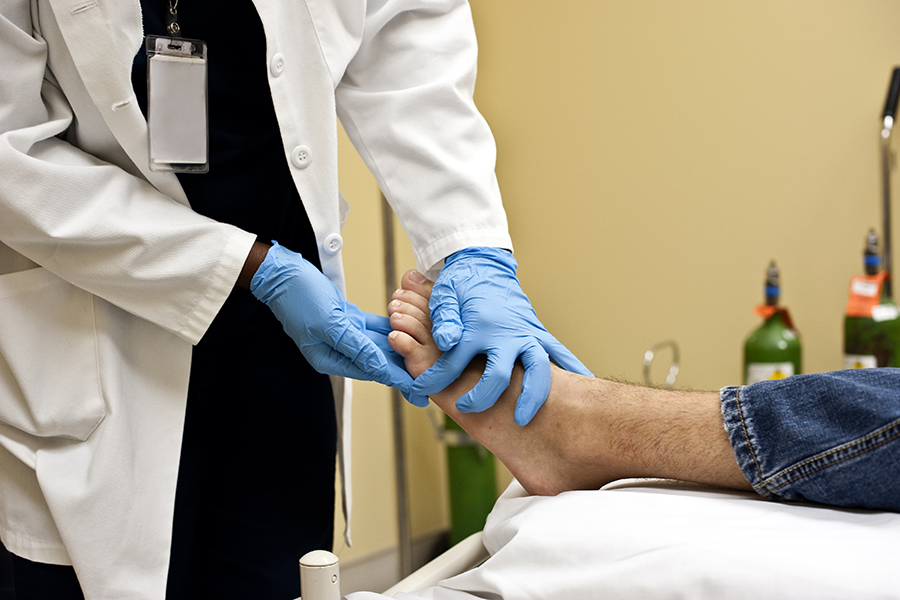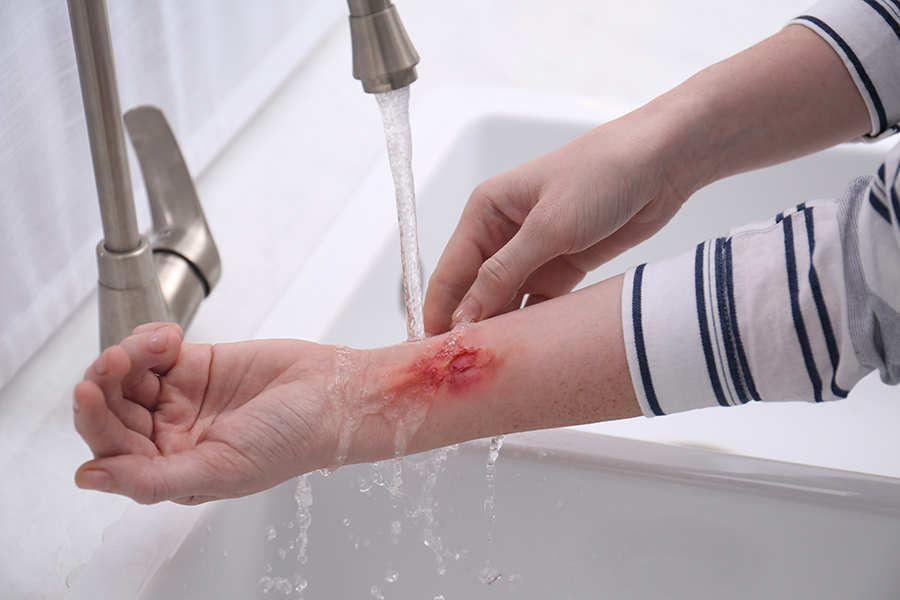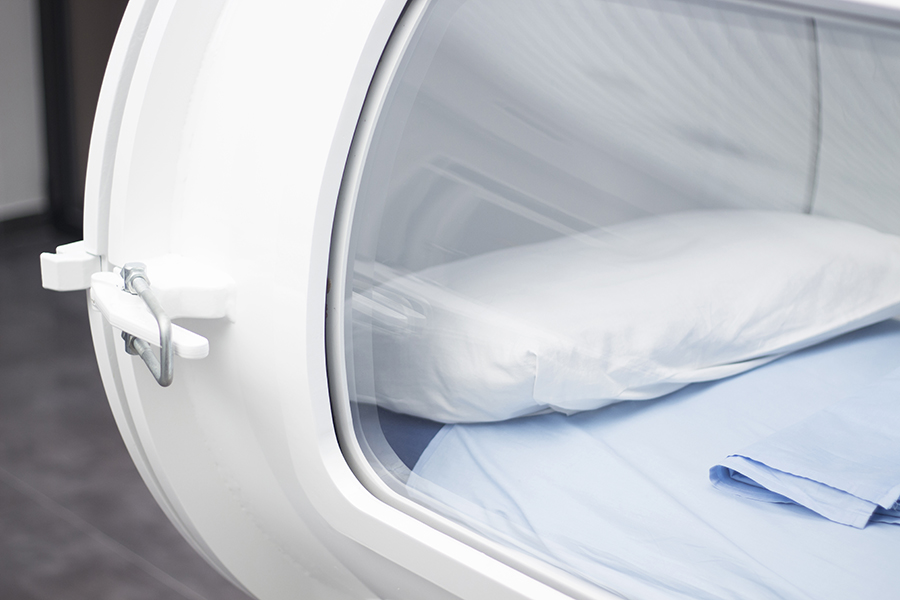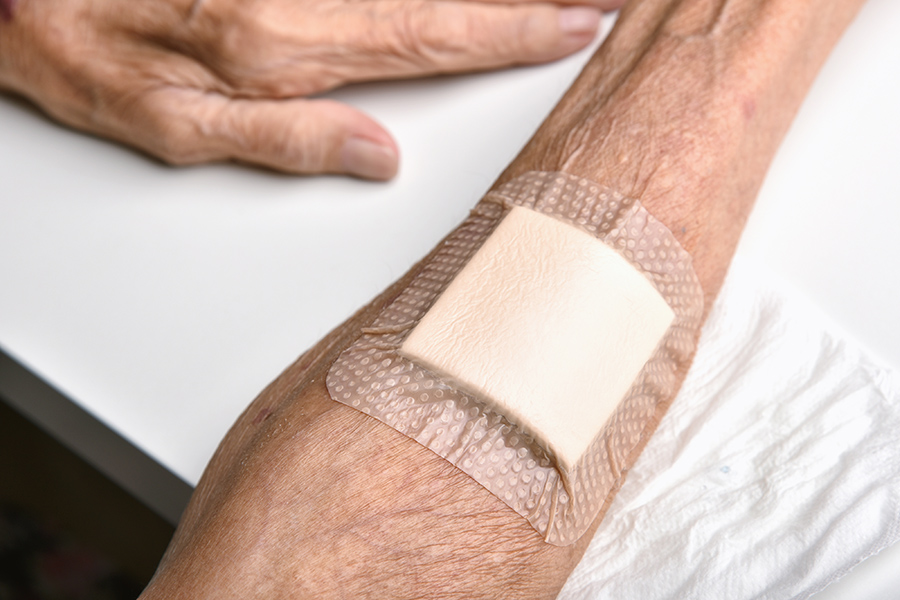When caring for a loved one at home with limited mobility, prevention measures against pressure injuries (also known as bed sores) are an important part of the daily routine. Most often, pressure injuries affect people who are in bed or a wheelchair for a prolonged period. Basically, a pressure injury is an area of skin that breaks down when constant pressure is placed against it.
The most common areas where injuries may occur are places on the body where the skin is close to the bone such as the heel, elbow, ankles, shoulders and back of the head. Other affected areas may include the buttocks and hips.
What makes pressure injuries a challenging condition is the fact that they are usually difficult to heal, especially in the elderly and people with diabetes or circulatory issues. As a rule, it’s much easier to focus on prevention rather than treatment for the well-being and comfort of the patient.
Pressure injury prevention tips:
- Change position every 2 hours (at minimum) to relieve pressure, or sooner if your doctor or pediatrician advises. Create a rotation schedule for the caregiver(s) to follow
- Try a mattress pad, foam pad, sheepskin or wheelchair seat cushion to reduce pressure
- Inspect the skin daily and follow proper hygiene to keep skin clean
- Pay special attention to the areas where pressure injuries often form. Look for reddened areas that do not turn white when pressed
- Good nutrition makes a difference. Ensure a well-balanced meal plan with adequate calories for optimal health. Adequate fluid intake is key to maintaining proper hydration
Contact your health care provider if an area of the skin forms an open sore or blister. Once infected, bacteria may spread to the rest of the body and cause serious problems.
Signs of an infected pressure ulcer may include:
- A foul odor coming from the injury
- Redness and tenderness around the injury
- Warm and swollen skin near the injury
- Fever, weakness and confusion are signs that the infection may have spread to the blood or another part of the body
As with any medical concern, it’s best to consult with your doctor for a thorough review of the condition. If wound care supplies are prescribed, you can count on Shield HealthCare to ship the products you need to manage healthy healing in the comfort of home.






